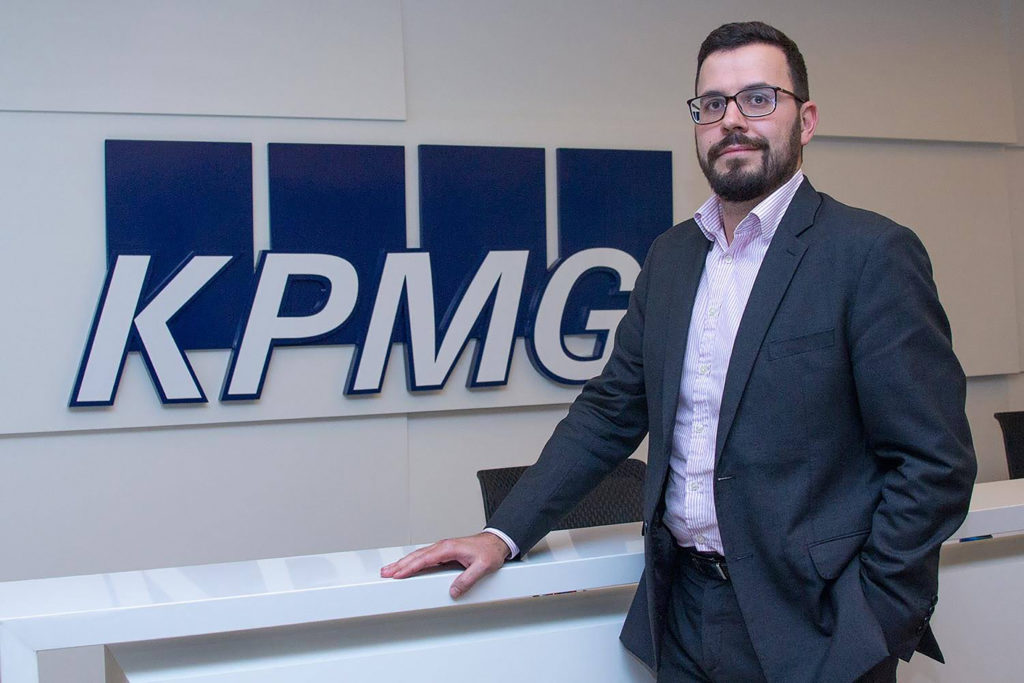Francisco Clemente*
It’s interesting to note that, in a time still market by the uncertainties ushered in by the pandemic, in 2021 the Brazil-Arab trade balance posted its best result since 2014, reaching USD 24.25 billion. And better yet, our country saw a surplus of USD 4.59, after exporting USD 14.42 billion, up 26% year on year, and importing USD 9.83 billion.
It should be noted that the prospects regarding the progress of the economic interaction are good, as shown by the expectations of the Arab Brazilian Chamber of Commerce (ABCC). The countries of the bloc remain the third largest destination of out exports, only behind China and the United States, and their economies have shown a recovery flow, including in industrial activity. In such context, iron ore saw a relevant increase in shipments, adding to agricultural goods like sugar, soy, beef and poultry, of which we already are major suppliers.
The Arabs, which rank fifth in our imports, are our suppliers of fossil fuels and fertilizers. They’re likely to boost their aluminum sales and could take an even more strategic position for Brazil concerning fertilizers. Still regarding the trade flow, it’s worth emphasizing that the United Arab Emirates took the lead among the bloc’s buyers from Brazil, up 13.21% in value in 2021 from a year earlier. Saudi Arabia ranked second, up 9.78%, followed by Egypt, up 14.55%.
Brazil’s position as an exporter to the Arabs is extremely strategic because of a very peculiar aspect: Out of the 424 million residents across the 22 nations in the bloc, the large majority are Muslims. It’s estimated that only 15 million are Christians. In the Islamic world, foodstuffs must follow a series of rules from the slaughter, which cannot cause pain, or agricultural culture to the processing and packaging. Our country has excellence and the corresponding certificates as a supplier of halal products (halal is an Arabic word that translates to “permissible.”
In addition to foodstuffs, this market tied to religious precepts tends to grow in other segments like cosmetics and medicines. These are opportunities for potentially boosting our exports. Halal tourism also shows a growth trend. Brazilian top destination has been Foz do Iguaçu, Paraná, where there’re already a good experience in welcoming Muslim visitors.
The halal market, according to figures from the Global Islamic Economy, is expected to move around approximately USD 5.74 trillion by 2024. The peoples that consume these products account for a third of the global population, approximately 1.9 billion people. Considering demographic aspects and the purchasing power, the Arabs are major buyers in the Muslim world, which includes other ethnic groups like part of the residents in India and the majority in Iran, Turkey, Pakistan, Afghanistan and others.
The Arab world shows a speedy recovery and a high rate of development and innovation in several countries. Moreover, it’s an increasingly relevant player in the global economy and landscape. The UAE is hosting the world exhibition in Dubai, and it has recently hosted the Club World Cup. Qatar will host the FIFA World Cup in late 2022. The investments of some of Arab states around the world are also bulky, across different activities, including potential investments in Brazilian clubs in the wake of the opportunities ushered in by the “anonymous football society” (SAF) law (#14,193/2021).
Brazil has always had great relations with the Arabs, started back in 1876 by the Pedro I of Brazil, who visited Lebanon, Syria and other countries in the region. The flow of immigrants has escalated since. Now there’re approximately 12 million immigrants and descendants from the bloc living in Brazil. It’s a historical interaction, a key human factor for the trade between the two peoples to thrive even further.
*Francisco Clemente is head of Middle East Desk of KPMG Brasil.
The opinions expressed in the articles are those of the authors.
Translated by Guilherme Miranda




